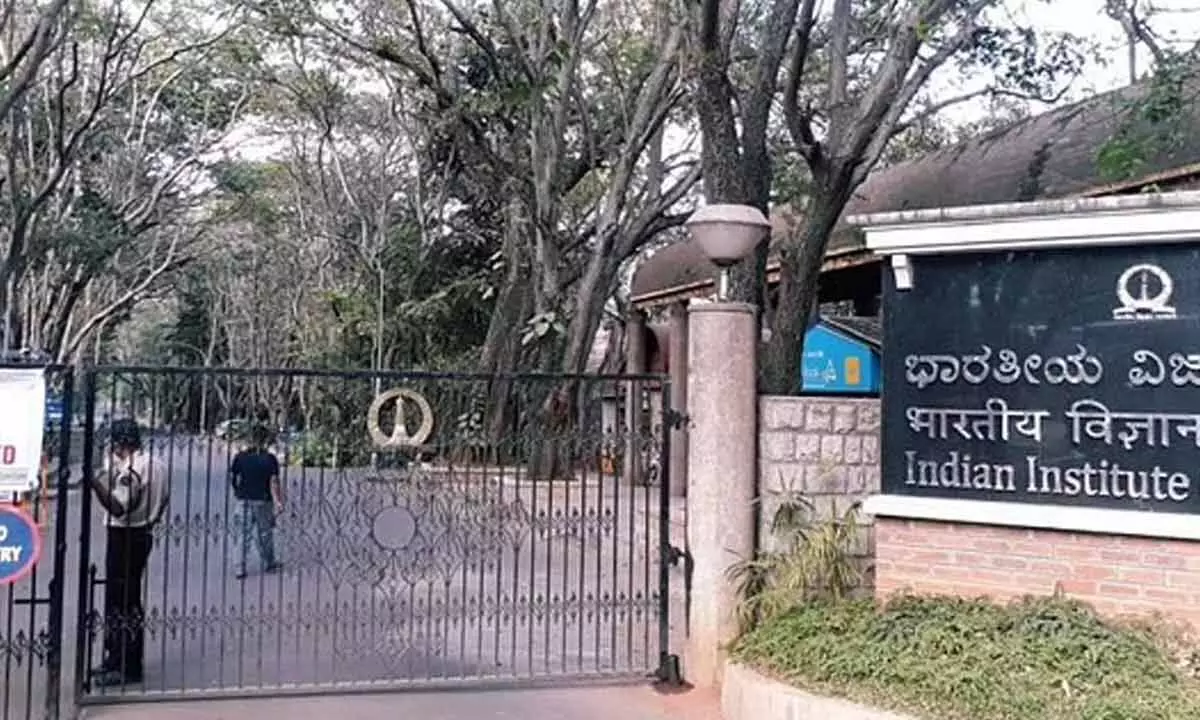Researchers In Bangalore Found Some Unique Facts In Their Study

Indian Institute of Science (IISC) in Bengaluru
- Researchers from the Indian Institute of Science found in their recent study that created and tested a novel virus-like particle
- They created a VLP that had the four structural proteins spike, envelope, membrane, and nucleocapsid artificially.
Researchers from the Indian Institute of Science found in their recent study that created and tested a novel virus-like particle (VLP), a non-infectious nanoscale molecule that resembles and behaves like the virus but lacks its native genetic material.
IISc professor Soma Das and group started research on a VLP for SARS-CoV-2 when the pandemic started. They created a VLP that had the four structural proteins spike, envelope, membrane, and nucleocapsid artificially. The primary obstacle was expressing all four structural proteins simultaneously.
According to Das, these VLPs have a variety of applications and may one day be developed into a vaccine candidate that can stimulate an immune response in our bodies. They may also be used to speed up the screening process for antiviral drugs. The liver, lung, or renal tissues of the mice were unaffected when the scientists administered a large dose of VLPs to the animals in a lab setting.
Harsha Raheja, PhD student at MCB explained that they gave mice models one initial shot and two booster shots with an interval of 15 days to examine the immune response, and they discovered that many antibodies had been produced in the mice's blood serum as a result. The team discovered that these antibodies could also neutralise the live virus.
The scientists intend to turn their VLP into a vaccine candidate and have filed a patent application for it. With the help of one of the creators, SG Ramachandra, they also intend to research how the VLP affects additional animal models and ultimately people. Additionally, according to Raheja, they have created VLPs that might be able to provide defence against more current variations like Omicron and other sub-lineages.
Next Story











